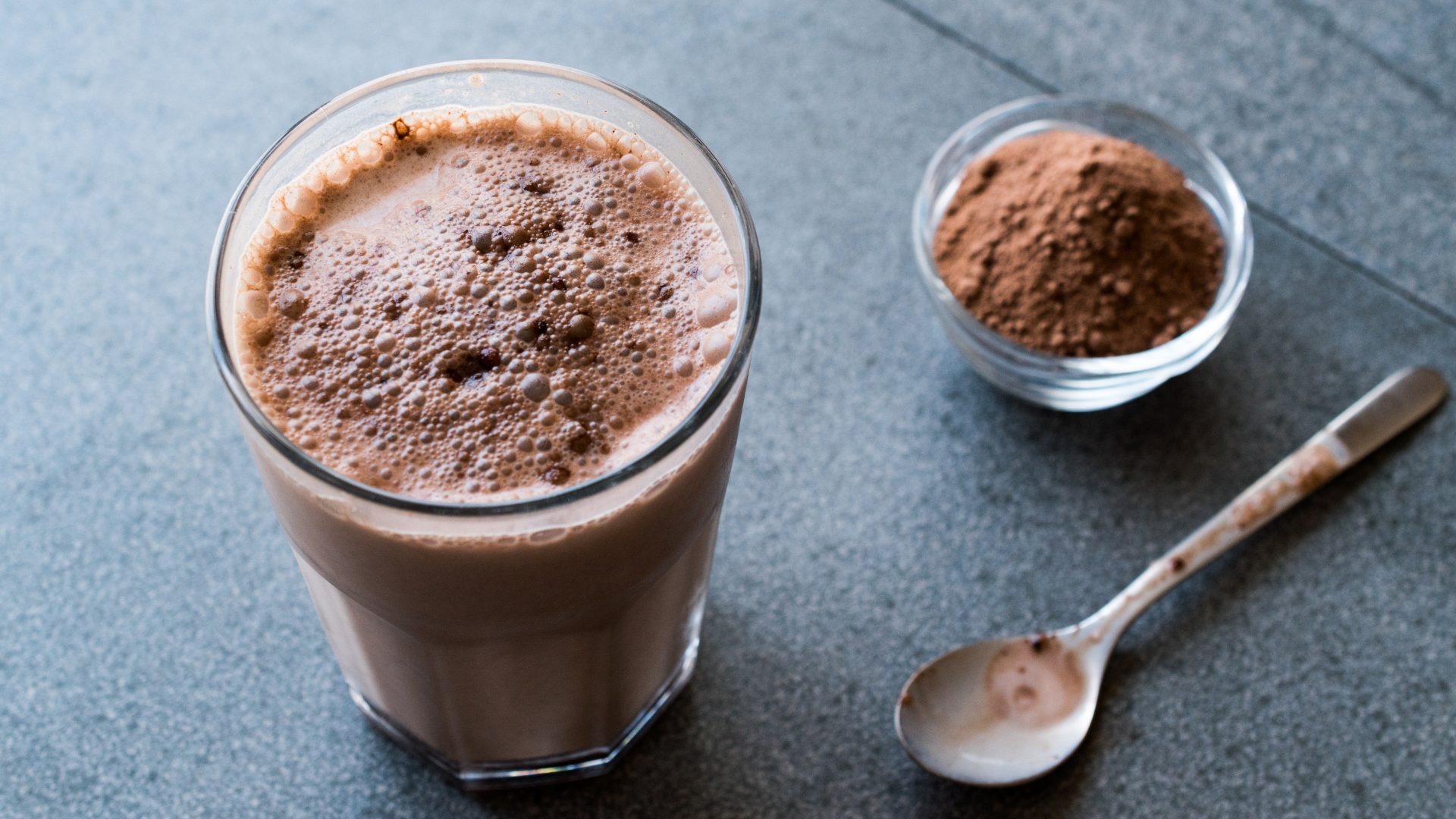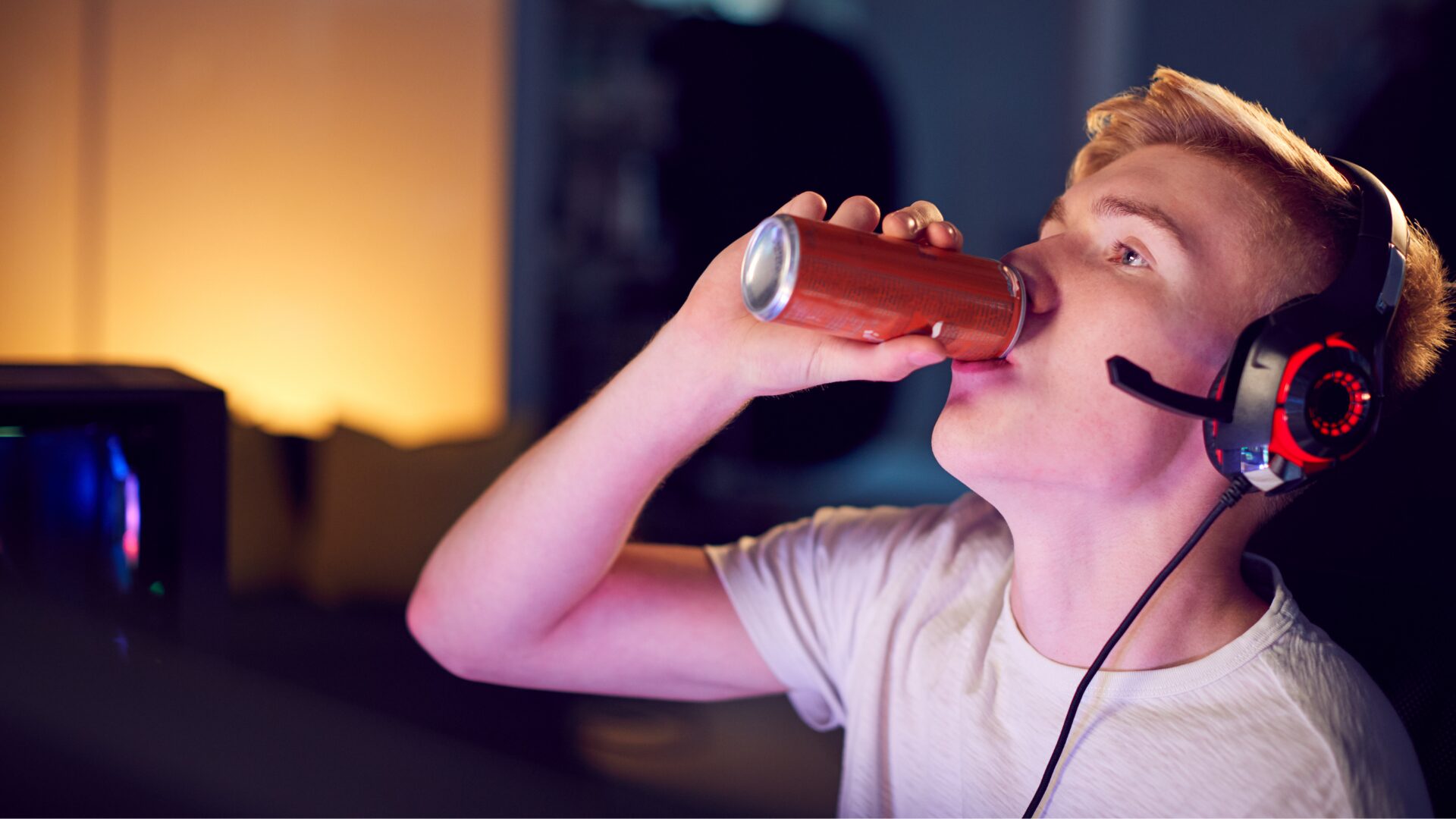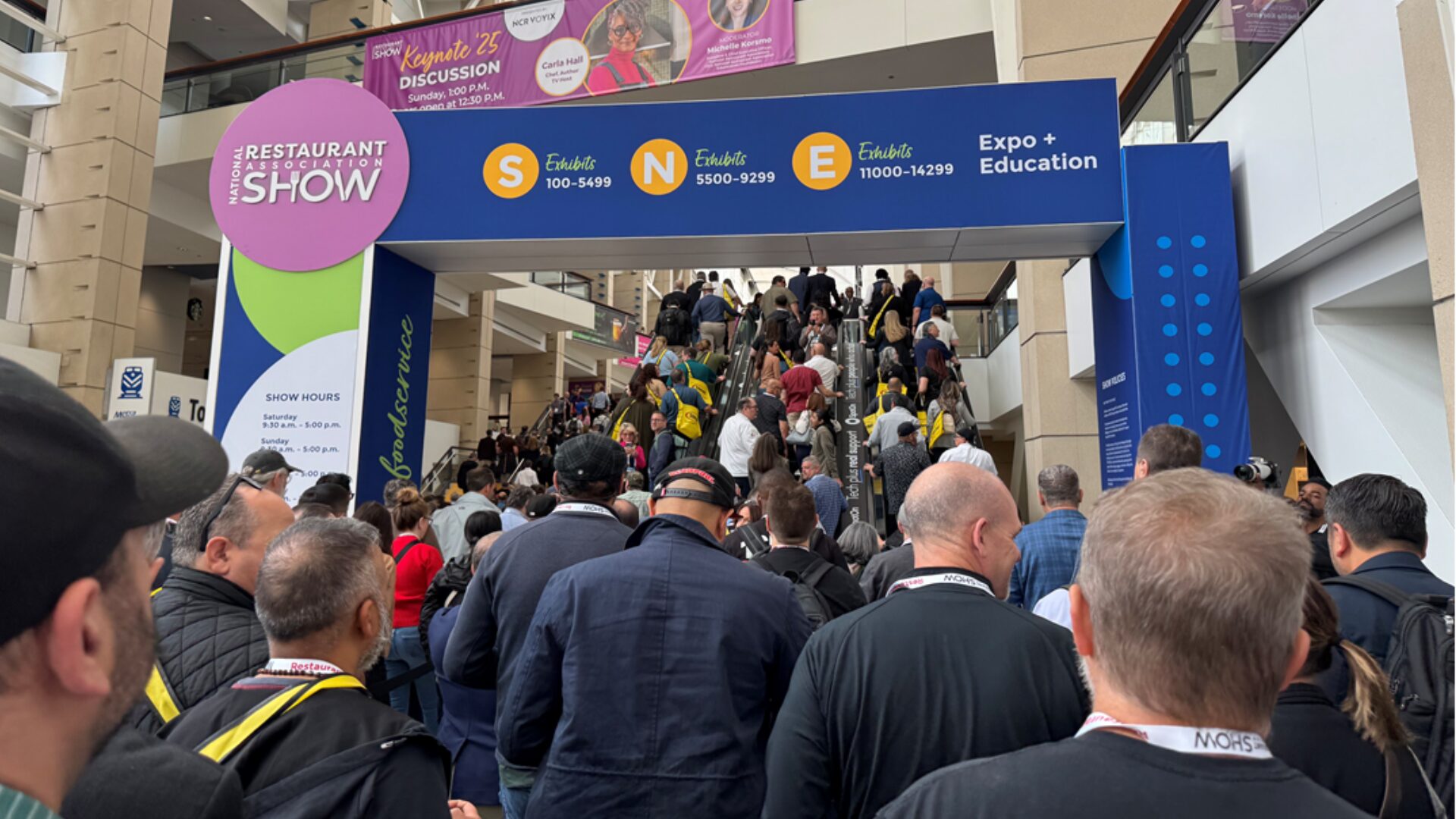Danone’s recent majority stake in Harmless Harvest is a curious market event. Not because they took a majority. Because coconut water is not growing anymore in the U.S. based on sources I’ve reviewed. The pandemic was a gut punch to any brand anchored to hydration/electrolytes, because it subtracted tons of outdoor beverage occasions during lockdowns. Coca-Cola then killed off Zico last year. This might excite the sales team at Harmless Harvest, but when BigCo kills a brand to free up distribution space, it’s because its internal analysts have determined the long-term scale potential is not worth investing in anymore (if it can recapture the original investment through a fire-sale). My point is that Coke doesn’t see Zico as a brand with billion-dollar brand potential, most likely due to its core category AND because of its recent, failed experience using brand extensions to pump up Suja.
Although Harmless Harvest is selling less than $100M in trailing annual sales now, it claims to be on track to have doubled the business by the end of 2021 …over a trailing four-year period. Doubling over four years is a 19% $CAGR. Better than General Mills stock, for sure. Yet, it is actually about the same growth rate as the global coconut water market (depending on whose projections you believe).
Not bad, but 19% is far from an exponential growth rate that the highest multiple acquisitions garner.
The point here is that Harmless Harvest is no Skate Ramp brand. It has decelerated far earlier than famous beverage predecessors like Fuji Water, BodyArmour, Bai, and even Essentia. Although it’s common for brands to decelerate as they cross the $100M threshold, Harmless Harvest reveals specific, common reasons for it:
- Loss of category focus – hydration beverages and yogurt have little in common when it comes to, well, anything. Ingredient platform brands like this have rarely scaled, though many have tried. Kashi is the exception that proves this rule, although its brand extensions eventually killed it as a Kellogg growth engine. Category focus allows a trademark to absorb strong collective meanings in any culture; it’s a function of how word-of-mouth between consumers works. The form and trademark become synonymous, allowing for highly productive out-of-store marketing efforts.
- Excessive MULO %ACV capture– Harmless Harvest has already used up 50% of its potential U.S. distribution to get to this scale (excluding convenience). As premium-priced, healthy brands get past $100M in trailing annual sales, the productivity of each added point of ACV distribution generally goes down. Why? The brand is headed into more and more down-market, off-target points of distribution. This makes forward-looking distribution much less productive than it does for the latest flavor of Cheetos.
- Too little fieldwork: Finally, Harmless Harvest has done very little out-of-store marketing compared to the brands I listed above. Instagram ‘influencing’ is not what I’m talking about and is wildly oversold as a tactic for primarily brick retail brands. Inserting new trademarks into local culture through field marketing is critical to accelerating across the doldrums between $100 and $250M (industry insiders know this all too well). Velocity growth through growing H.H. penetration is the primary reason brands keep growing at this point. Along with relaxing unit prices carefully.
But let’s come back to the addressable market of the category. Will anyone create a $500M coconut water brand in the U.S.? It doesn’t seem very likely, if Vita Coco hasn’t pulled it off yet inside a private holding company. Of course, Harmless Harvest claims to have other beverage lines in development with which it can pursue growth. Yet, this premium functional beverage strategy did not work for Suja, which just slipped into private equity hands days ago (at only about 185M in annual sales). Brand extension mania killed its growth for the same reasons they will decelerate Harmless Harvest.
Despite the admirable patience of European markets, this investment in Harmless Harvest is a real head-scratcher. Adding yogurt. Adding more beverages. Going global. It’s a grab bag of fresh, hot upside. Public statements from the head of Danone Manifesto Ventures fall right into a typical acquisition ‘narrative’ meant to excite investors.
Here’s the structure of this stock narrative (not sorry for the pun):
- invest in an emerging brand with profit expansion potential
- expand the ‘brand’ into multiple manufacturing categories where the strategic owns plants (i.e. highly profitable line extensions) for easy topline surges and also to increase profits (by eliminating any existing co-man tolls)
- announce intent to sell internationally for easy upside as a global CPG company
The critical variables in this standard upside narrative are: adding UPCs and increasing distribution. This is essentially a B2B sales-led growth strategy, despite the distracting overtures to innovation. It is also a narrative very common to public firms today who, for the most part, don’t do much internal innovation anymore. And the innovation that BigCo does engage in is mainly for the benefit of the executive sales teams who need ‘new products’ to command leverage at retailer top-to-tops.
This 2P growth formula is ironically prevalent in the early-stage brand universe and commonly promoted at trade shows before the pandemic: 1- Add accounts. 2- Bring some ‘new product news.’ But this is not how you get a brand to keep growing past $200M or so in the U.S. You have to invest in marketing and keep the UPC mix tightly focused. You have to keep adding households. It also benefits the entire P&L of a growing mid-market brand NOT to get into the operational complexity of multi-category extensions, which sucks up additional SG&A dollars, among other things.
Danone may have no genuine interest in building a hypergrowth U.S. coconut water brand, regardless of what they say to U.S.-based investors in the media. After all, it has lots of global distribution capability to add stores quickly. Despite the odd public enthusiasm for Harmless Harvest’s coconut yogurt extension (there is no addressable market here), I suspect that Danone is primarily interested in the global potential for expanding Harmless Harvest’s refrigerated coconut water products especially in Latin America and Europe. So, it has possibly structured its recent P.R. to confuse global competitors. Think about it.











